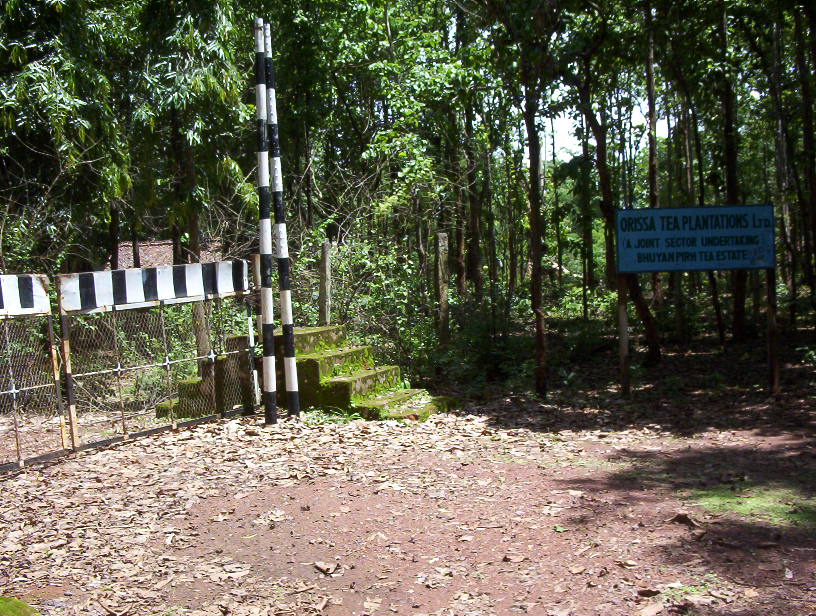Keonjhar: The Taramakant tea estate in Banspal block of Keonjhar district is expected to resume operations after remaining defunct for 21 long years.
The move follows Chief Minister Mohan Charan Majhi’s initiative to restore the estate soon after assuming office.
Hopes for its revival were rekindled after a directive was issued from the Directorate of Soil Conservation and Watershed Management, which has prepared a detailed project report (DPR) and submitted it to the Chief Minister’s office.
Officials said once revived, the estate could generate significant employment opportunities and emerge as a tourist attraction.
The Taramakant region, situated at an elevation of 1,800 to 2,200 feet above sea level, has long been considered ideal for tea cultivation.
The area is supported by the Punyatoya river and its three major distributaries, namely Ranima nullah, Bainga nullah, and Jalpa nullah, along with other natural water sources.
It receives an annual rainfall of 900 mm to 1,050 mm, while winter temperatures often dip as low as 2 to 3 degrees Celsius, creating conditions conducive to tea cultivation.
The tea plantation was originally launched in 1982 on 896.54 hectares of land under the Orissa Tea Plantations Ltd. (OTPL), a joint venture between the state government and Kolkata-based industrialist Basant Kumar Dubey.
At its peak, the estate exported tea to domestic and international markets, earning substantial profits. The project employed 12 staff members in office operations, 29 technical workers, 149 regular labourers, and provided direct and indirect employment to nearly 1,000 workers.
By 2002, the venture had reached its peak of success before operations came to a halt.
The Taramakant tea estate abruptly shut down in 2003 and was completely closed by 2004 reportedly due to mismanagement and lack of government attention.
In the years that followed, valuable furniture and equipment were stolen because of poor security.
The closure also cost hundreds of workers their livelihoods in Taramakant, Kushkala, Adal, Kalanda, Jatra and nearby villages, who were directly or indirectly dependent on the estate.
The factory, costly machinery, staff quarters, a Belgian-glass guesthouse and even the tea garden have fallen into ruin.
Although more than 40 per cent of the tea bushes still remain, the estate is now overrun with wild vegetation.
The current BJP government has initiated steps for its revival.
In a letter dated March 24, 2025 (No. 2488), the director (technical) of the Directorate of Soil Conservation and Watershed Development suggested that the estate could be restored and run on solar or wind power.
While the report did not mention the funds required, it submitted several proposals and was forwarded to the Chief Minister’s office.
“If the state government takes up the project, it can generate employment opportunities for tribals in Bansapal, including Taramakant,” said Bansapal block chairman Manas Dehury.
PNN
